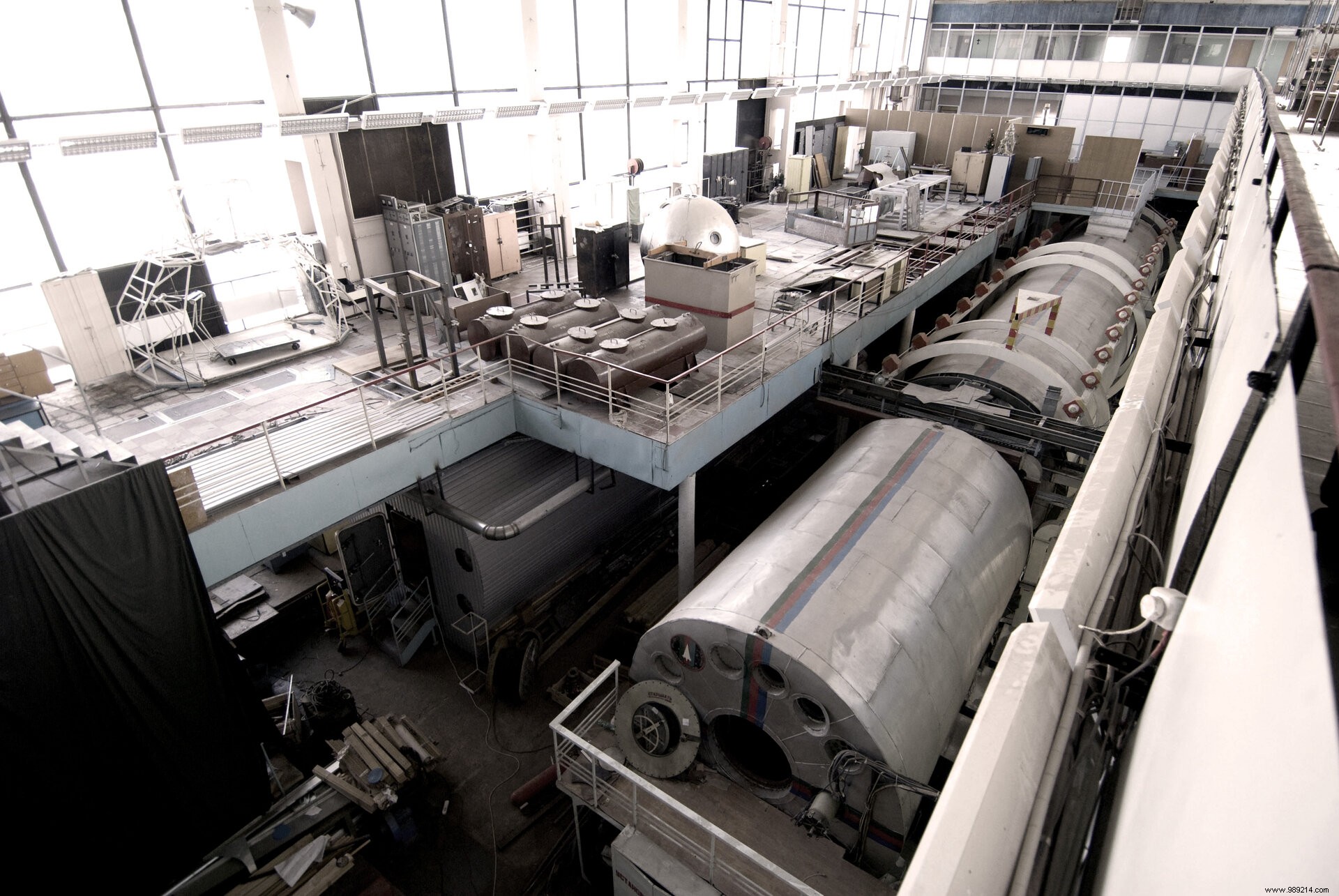Traveling to Mars will be a severe test for the human organism. The Mars500 experience has proven this. Simulating the conditions of a round trip to the red planet, it showed adverse effects on the microbiota of the participants.
When we talk about possible future trips to Mars , the most frequent topics are the technological means to achieve this or the way to settle on this planet. However, other subjects are just as worrying, including the health of astronauts. While there is talk on the side of SpaceX of a possible manned mission in 2026, many questions on this subject remain unanswered.
Mars500 (2010-2011) was a Russian experimental program which ESA was a partner involving for several astronauts a stay of 520 days in a restricted space away from the outside world. The objective was to recreate the conditions of a round trip to Mars in an installation resembling the configuration of a space vehicle. This then made it possible to analyze the physiological and psychological repercussions in the participants.
At the end of the experiment, all six astronauts were in good overall health. On the other hand, this prolonged confinement had modified their physiology . In a study recently published in the Computational and Structural Biotechnology Journal, researchers from the University of Montreal (Canada) claim to have reanalyzed stool samples from volunteers. They observed changes in the intestinal flora (or microbiota).

Of the 408 bacterial genomes analyzed by the scientists, 213 were common to the six astronauts. So they focused on them. At the end of the experiment, sixteen bacterial species had proliferated in the intestines of the astronauts. Nevertheless, these are very poorly documented species, so their role in the microbiota remains a mystery. However, the researchers were still able to identify Streptococcus thermophilus, a bacterium that is used in the fermentation process of milk. Also at the end of the experiment, about fifteen other species of better known bacteria have decreased in quantity. It was about bacteria related to insulin metabolism , to the degradation of resistant starches or even having anti-inflammatory properties.
Let us remember that despite a good general state of health, the health check of the astronauts at the end of the experiment showed intestinal inflammation and resistance to insulin. However, these two phenomena were absent in these same participants at the start of the program. The Canadian study therefore provides the first evidence that prolonged confinement can alter the microbiota of humans . This point should therefore be important when the time comes to prepare the first Mars colonization missions.